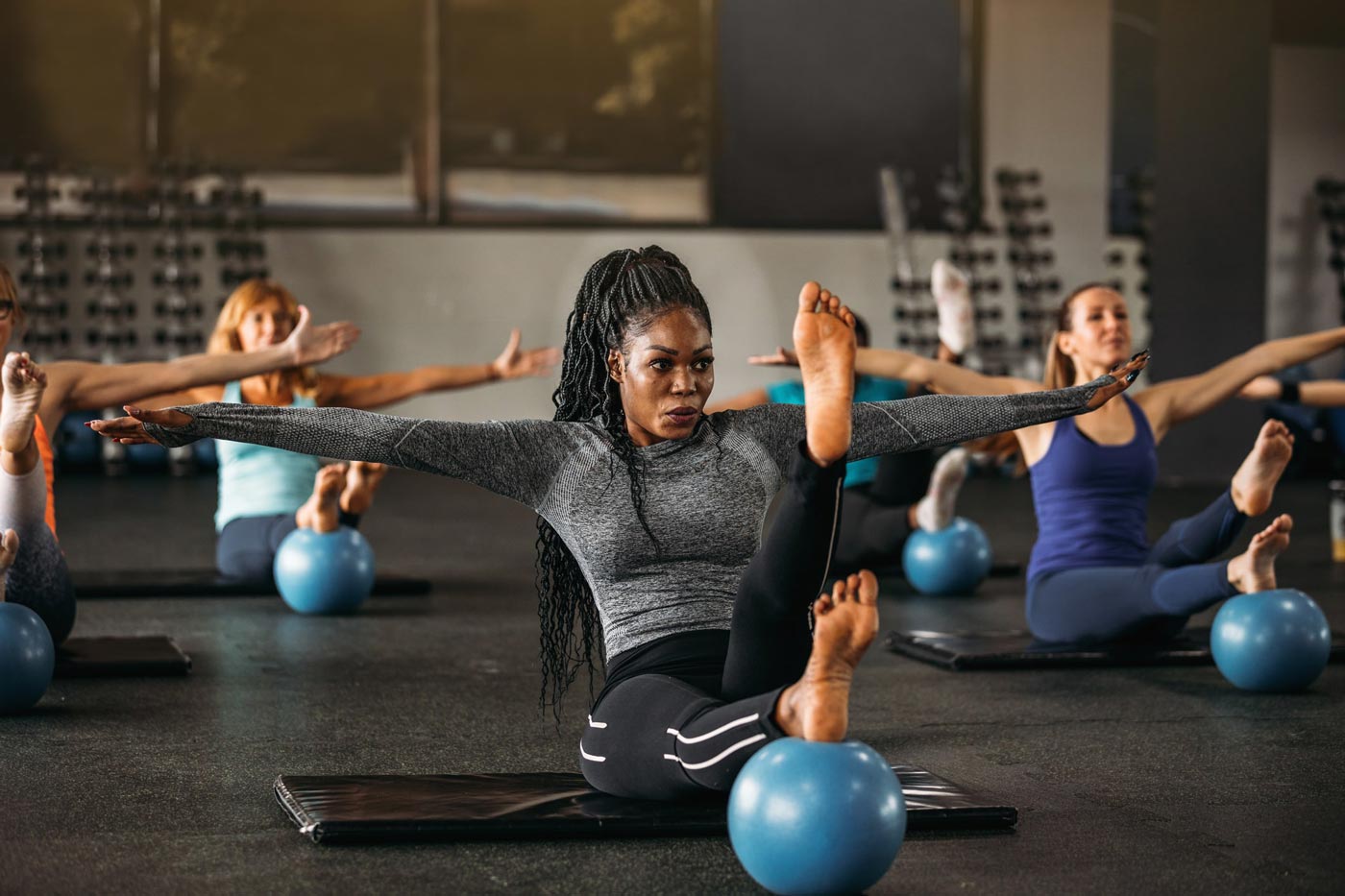How Manage Incontinence Emotions and Wellbeing
How Manage Incontinence Emotions and Wellbeing
Managing the Emotional Aspects of Incontinence
Written by Urologist and Sexual Health Expert Jennifer Berman, MD
Although incontinence is often a silent ailment, it carries with it negative physical, social and mental effects for its female sufferers, particularly those in early and mid-adulthood. The impact of incontinence on a person’s self-esteem, sense of wellbeing and feeling of control of their lives is significant and can be burdensome and damaging over time.
Furthermore, if physical pain and discomfort occur with leakage of urine, the impact is even more significant. Regardless if it’s caused by overactive bladder (OAB) or stress incontinence (SI), leakage of urine takes its toll on a person individually and in the context of their relationships. It’s hard to stay active, to have pain-free sexual intercourse or to participate in other physical activities when you are worried about bladder control.
Having incontinence, particularly SI (which is caused by activity), interferes with exercising and can cause some women to hesitate to leave the house for fear of leaking. Anxiety about when one’s next trip to the bathroom will be, whether there will be a bathroom available, and how urinary frequency will look to others can be overwhelming. Feelings of embarrassment or shame can lead to isolation, feeling alone and fear of sharing their issues with their loved ones and acquaintances. In turn, forming new relationships and even maintaining old ones may be disrupted.
Incontinence will always be the figurative “elephant in the room” for as long as there is a stigma about bladder leaks. Entering into new romantic relationships and becoming sexually active can add more stress and cause avoidance of forming new relationships.
Coping with the emotional and social effects is not an easy feat, but can be managed by being proactive and regaining control. Here are a few suggestions:
See your doctor.
The first step is to talk to your health care provider. There are prescription products to treat urge incontinence and even surgical procedures that can help treat both stress and urge incontinence.
Track your symptoms.
Keeping a bladder diary can help you learn what makes your symptoms worse. Watch your diet and figure out if certain foods and beverages irritate the bladder and increase symptoms of frequency and urgency.
Be proactive.
Try changing what you eat, drink and exercise, to see what minimizes your leaks. Simply cutting out liquids that act as diuretics – like caffeine, alcohol or diet beverages – can make a huge difference. For both stress and urge incontinence, doing regular Kegel exercises and maintaining a healthy weight may help. If you’re carrying extra pounds, losing weight can result in less pressure being put on the bladder and less leakage.
Talk about it.
My best recommendation is to try to be as open as you can in talking about your bladder leaks. If discussing it with loved ones is too difficult, seek out fellow sufferers online by visiting online forums like the one at Depend.com. The bottom line is that living with incontinence is a day-to-day issue, and whether symptoms of leakage are light or heavy, it's important to find ways to cope.
Dr. Jennifer Berman, urologist and recurring co-host on “The Doctors,” has joined Depend.com to provide her insights into bladder leaks and related issues. She’ll be answering your questions here in our forums. If you have a question, please submit it in the comments.









